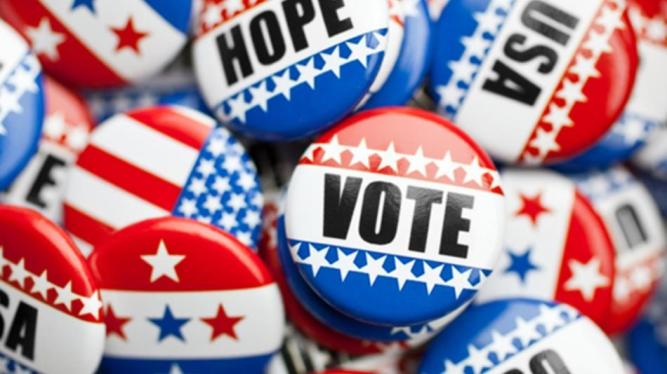
Politically Engaged Communities
One of the primary functions of a community association is the preservation and enhancement of property values within the community. This is often accomplished through enforcement of the covenants and proper maintenance and improvements to the common areas. However, many communities overlook political engagement as a means to accomplishing this function.
Throughout the entire United States, there are approximately 65.7 million people that live in a community with an association. In Georgia alone, there are approximately 9,900 community associations. Engaging these community associations in the political process can have a profound impact on the communities and residents our industry serves.
There are several benefits to engaging in local and state politics. By engaging the community in the political process, the community’s representatives become familiar with the needs of the community. The representatives are also able to meet with the community residents and understand that the community is concerned with what affects the community.
This can have an enormous benefit when the community needs its representatives to act on behalf of the community. For instance, there may be a rezoning request for adjacent property that the residents within the community oppose. Or, there may be code violations occurring on property within or adjacent to the community. By already being engaged with its representative, the process of contacting him or her to help the community should be easier.
There are several ways to become politically involved. Hosting local or state representatives at a community meeting is an easy way for the Board and the residents to meet its representatives. This is also a great way to keep the community up to date on what it occurring within the area, and update the representatives on what is affecting the community. This also allows the Board and the residents to establish a personal connection with their representatives.
Another way to engage in the political process is to host a town hall meeting during an election. This allows the candidates to meet the residents within the community and discuss their qualifications and goals to help benefit the community. This also allows the residents to be better informed voters.
Generally, the Board should refrain from endorsing a particular issue or candidate. Rather, the Board’s role should be limited to facilitating the community’s engagement with its representatives. Additionally, during an election, the Board should invite all candidates at any town hall meeting, and ensure that all candidates have an equal opportunity to participate. And of course, it is imperative that the meeting be properly managed to ensure civility, even during discussions of unpopular issues.
Brendan is a partner in the Alpharetta, Georgia, office of Lueder Larkin & Hunter LLC. His practice focuses mainly on community association law and litigation. Brendan is a member of the Legislative Action Committee of CAI.